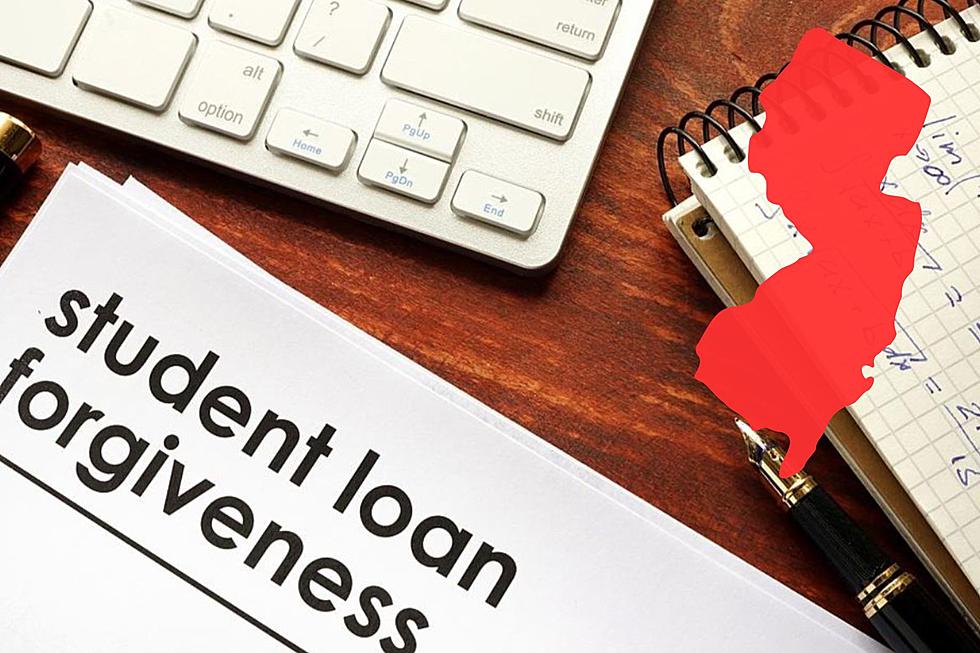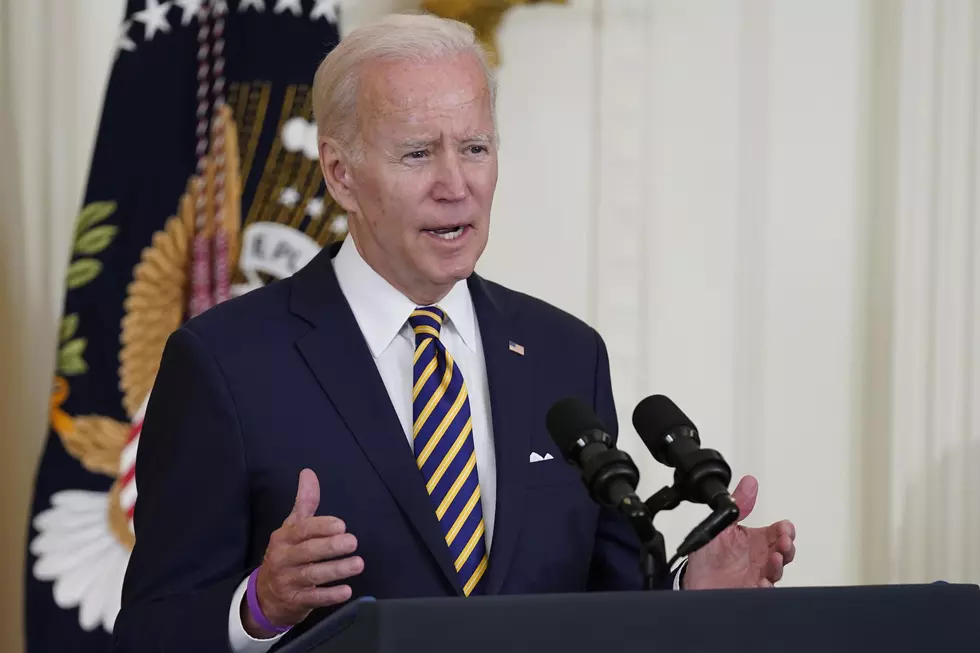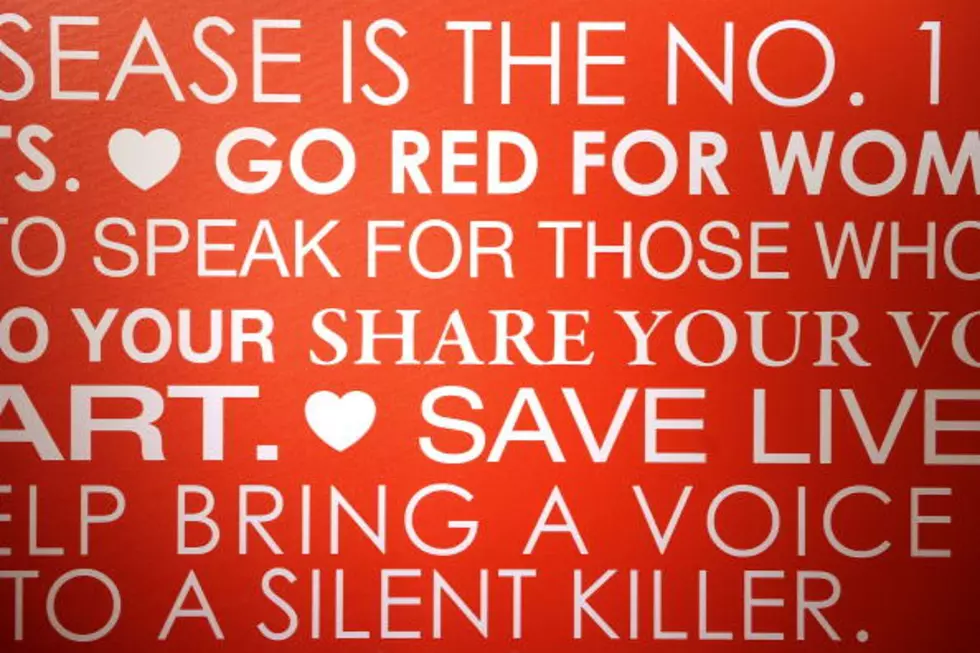
Student Loans, Highway Jobs Bill Clear House
The House on Friday overwhelmingly passed legislation to salvage 2.8 million jobs, mostly in construction, and forestall a sharp increase in interest rates on college loans.
The measure cleared the House on a 373-52 vote and Senate approval was expected shortly. The compromise legislation came as lawmakers scurried toward a Fourth of July recess. The bill also aims at shoring up the federal flood insurance program.
The bill would spend more than $100 billion on highway and transit programs over two years. And it would also prevent a doubling of interest rates on new student loans, which was scheduled to go into effect Sunday.
A deal clearing the way for passage of the bill was reached after Republicans gave up their demands that the bill require approval of the contentious Keystone XL pipeline and Democrats gave way on environment protections.
The development came amid a legislative session that has brought considerable scorn to the institution as a "do-nothing" Congress. The burst of legislating comes just four months before the November elections, giving lawmakers achievements to show off to voters who have increasingly held Congress in low esteem.
"It's a jobs bill," said Sen. Barbara Boxer, D-Calif., who led Senate negotiations on the transportation portion of the package. She estimated the bill would save about 1.8 million jobs by keeping aid for highway and transit construction flowing to states and create another 1 million jobs by using federal loan guarantees to leverage private sector investment in infrastructure projects.
Sen. Max Baucus, D-Mont., didn't wait for final passage of the measure to claim credit for a share of those jobs. A statement issued Thursday by his office touted the $400 million in transportation aid Montana would receive and the 13,500 highway jobs in his state the money would support.
"I worked hard to make sure Montana had a seat at the table and I'm proud that we were able to get the job done for Montana families," Baucus said.
In the bargaining that led up to an agreement on the package earlier this week, House Republicans gave up their demands that the bill require approval of the contentious Keystone XL oil pipeline and block federal regulation of toxic waste generated by coal-fired power plants. Democrats gave ground on environmental protections and biking, pedestrian and safety programs.
"Critical reforms in this legislation consolidate our transportation programs, significantly streamline the bureaucratic project process, encourage private sector participation in building infrastructure and give states more flexibility to spend limited highway ... resources where they are most needed," said Rep. John Mica, R-Fla., chairman of the Transportation and Infrastructure Committee.
The bill consolidates transportation programs and reduces the number of programs by two-thirds. It also revamps rules on environmental studies of the potential impact of highway projects, with an aim toward cutting in half the time it takes to complete construction projects. And the measure contains an array of safety initiatives, including requirements that would make it more likely passengers would survive a tour bus crash.
But Democrats and Republicans also found plenty to criticize in the transportation deal.
"At least it's not as bad as our Republican colleagues wanted," complained Rep. Earl Blumenauer, D-Ore., who has champion bike and pedestrian programs. "But make no mistake, it is not a bill to be proud of."
The bill would spend about $100 billion on federal highway programs over two years, but puts off the politically tricky decision on how to pay for them after that. The federal 18.4 cent-a-gallon gasoline and 24.4 cent-a-gallon diesel taxes are no longer enough to pay for current spending on highway and transit programs. And two commissions and an array of private sector experts have said the U.S. should be spending about twice as much or more on its transportation infrastructure as it does now.
But Congress and the White House have refused to discuss raising fuel taxes or an alternative long-term source of money. The federal trust funds that pay for highway and transit programs are forecast to be nearly broke by the time the bill expires.
"When the bill expires we face a high cliff from which the program could fall," said Erich Zimmerman, a policy analyst with Taxpayers for Common Sense.
The fuel taxes are not indexed for inflation and haven't been increased since 1993, so their buying power has steadily eroded. Also, cars and trucks today are more fuel efficient and the number of miles driven has flattened, resulting in less gas tax revenue.
Since 2008, Congress has three times dipped into the national general treasury to borrow a total of $34.5 billion to keep transportation programs going.
Congressional leaders decided to roll the transportation and student loan legislation into a single bill because, in the short term, they were both being paid in part by changes in pension laws. Congressional bargainers reached an agreement earlier this week on the $6 billion college loan portion of that bill that would avert a doubling of interest rates beginning Sunday on federal loans to 7.4 million students. The current 3.4 percent interest rate on subsidized Stafford loans would balloon back to 6.8 percent
on Sunday under a cost-saving maneuver contained in a 2007 law. The bill also extends the federal flood insurance program to protect 5.6 million households and businesses. It addresses a shortfall arising from claims after 2005's Hurricane Katrina by reducing insurance subsidies for vacation homes and allowing for increases in premiums.
(Copyright 2012 by The Associated Press. All Rights Reserved.)
More From New Jersey 101.5 FM









